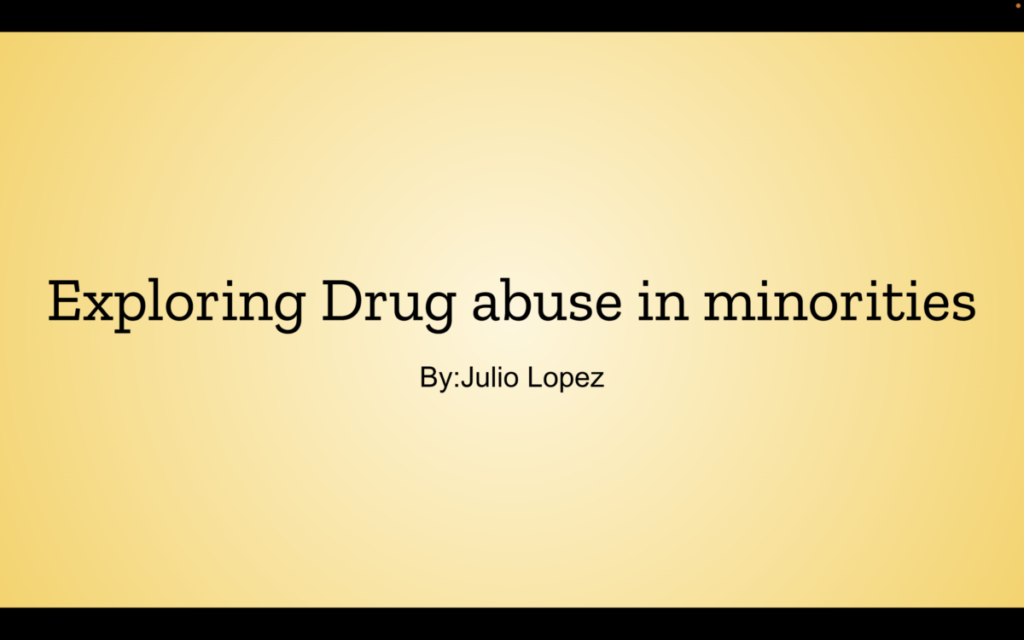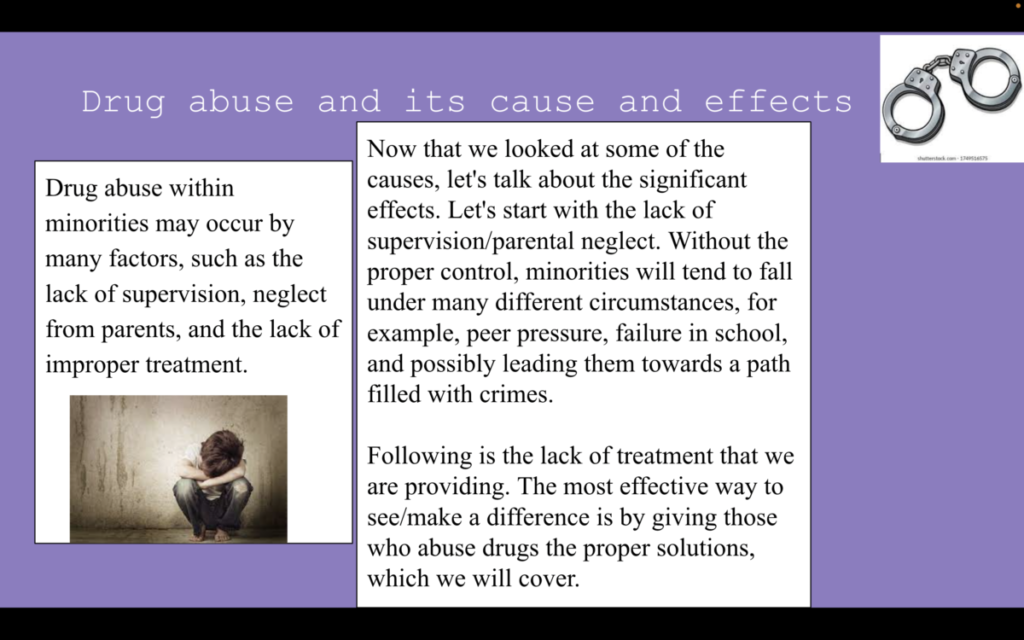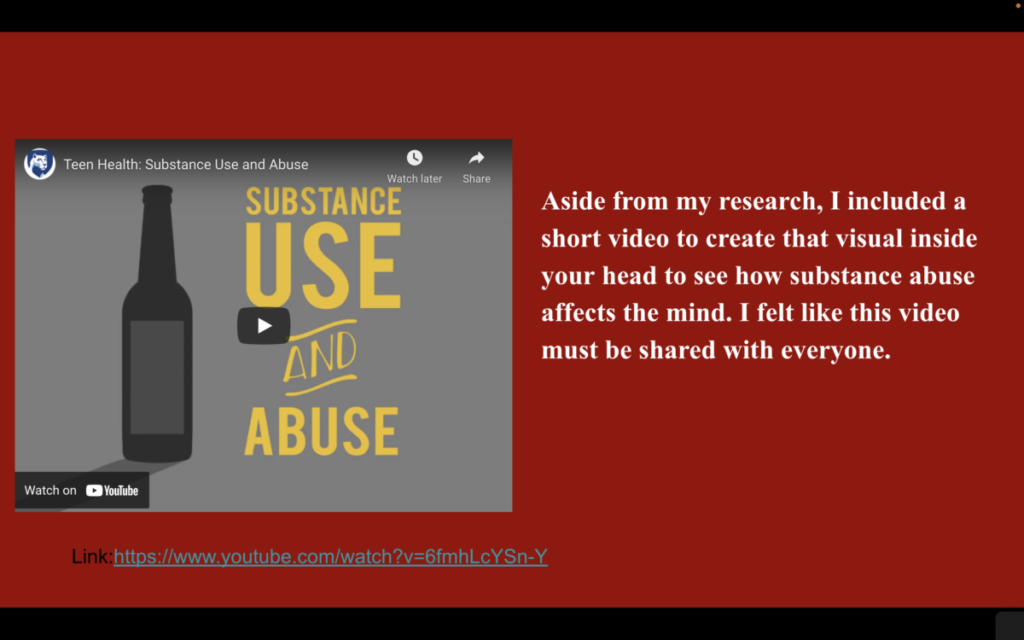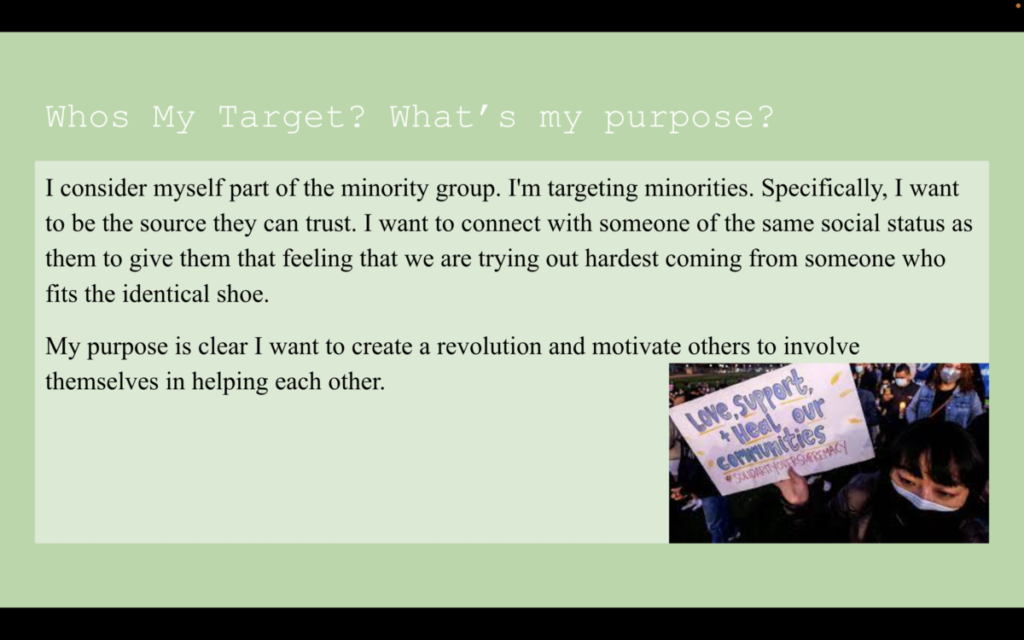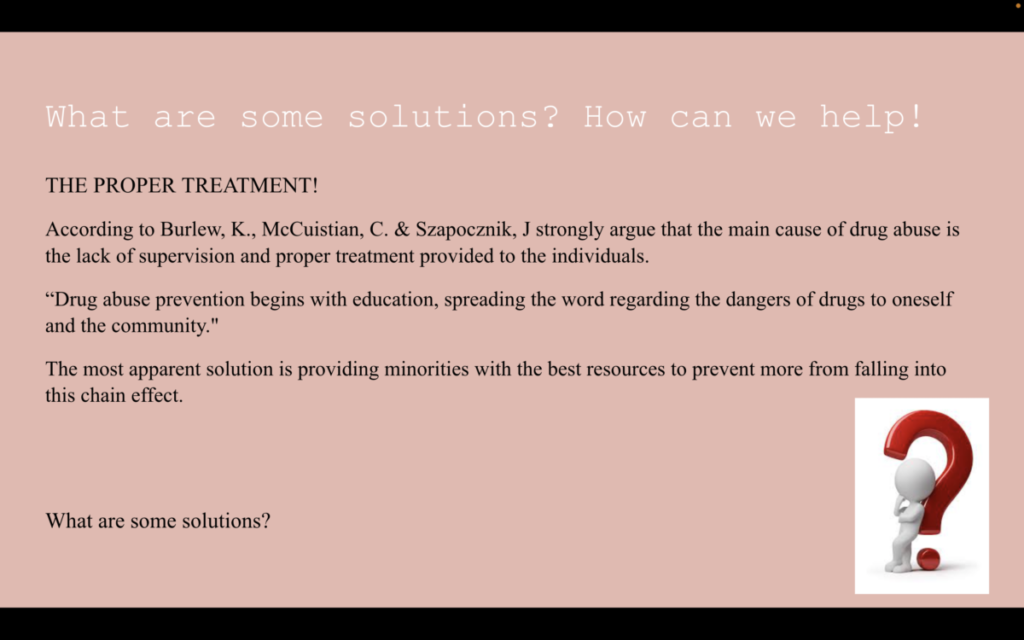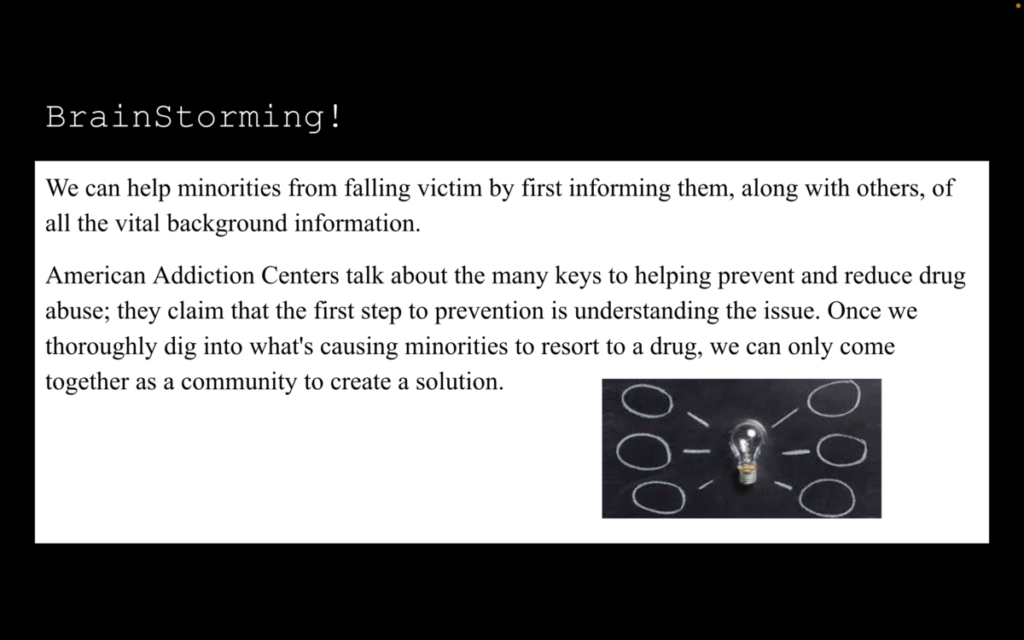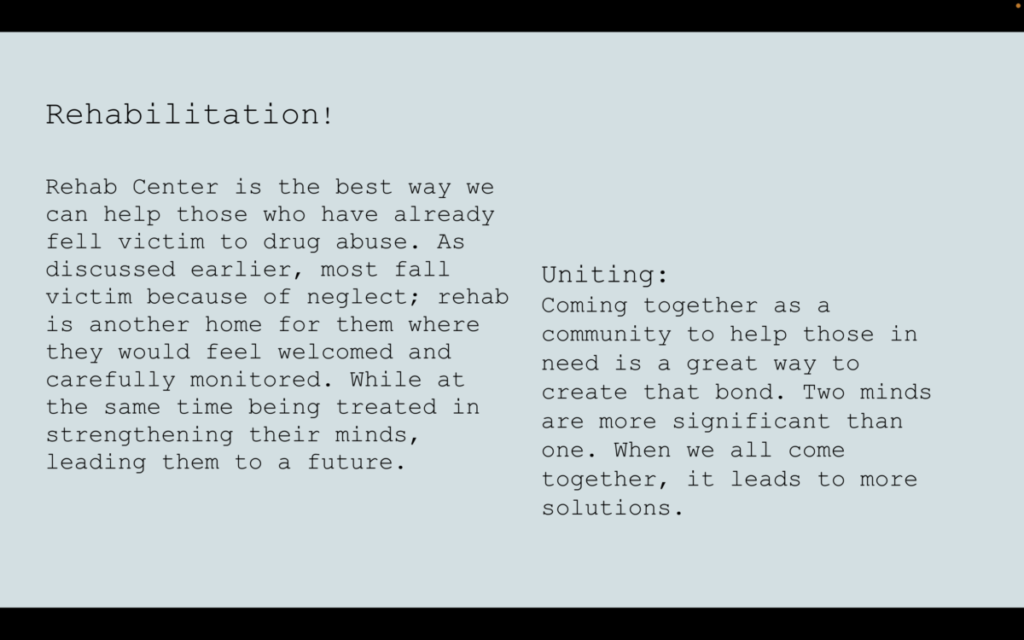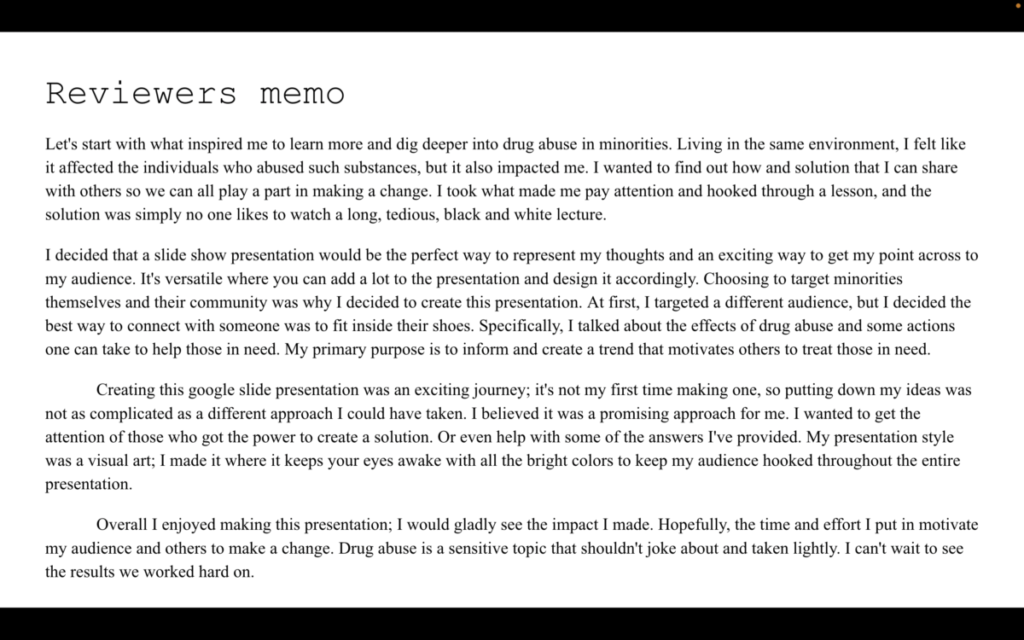I like the positive mindset we had throughout this semester. I tried my hardest not to let my assignments pill up, but sometimes I let the worst get to me. You said you wanted us to learn how to multitask, but I realized that isn’t the best skill to learn, where multitasking leads us to make mistakes such as incomplete thoughts when it comes to writing. I will most definitely use every proper technique and the lesson I have learned throughout this course, not only for me but also to help out others. Creating that schedule helped me keep myself organized, which led me to a successful, stress-free course, at least for the most part. The most important thing I remembered and will never forget is when you said the word “gonna” in you’r writing pieces; I learned my lesson. As for that A you wanted to receive, I’m not quite sure, but I do know that whatever score we received, we shouldn’t be too worried because we gave it our all. As to what the next chapter has in store for us, we will have to wait and see.

Dear end of semester me, I know we made it through this tough and challenging time. We worked so hard and tried our best to complete these assignments on time. Although we started the first two weeks a little bit off track the first two weeks we’ll slowly start adjusting into this college lifestyle. Truly what I want us to accomplish is, not only that A we’re gonna work hard for, but also to take what we learned in this course and apply it into the outside world in a way where it teaches others. I want us to perfect the skills of multitasking. This will be very important for us to learn because I believe with this skill, we will be able to complete everything on time. Lastly, dear future me, can you please manage your time wisely and create a schedule if you have too. Having assignments is not fun, trust me you’ll regret it. Overall my future goal is to complete my degree and work in the field I truly worked for.
The image I chose shows how I’m feeling now and what I would like to feel at the end of the semester.
Final reflection
by:Julio Lopez
At the beginning of my second semester at City Tech, I wasn’t off to a great start. Transitioning from being a high school student, I wasn’t used to the tremendous long winter break. Having to transition back into work mode and being used to not doing anything for a whole month made my learning experience a little challenging, not only for my English class but all my other classes. Let’s focus on this English course and how my growth and development came across. One of our first assignments was the time capsule; I realized I had a lot of work to do. Coming from the “hood,” I’m used to communicating daily with slang. As I was writing my time capsule, I wrote, “Truly what I want us to accomplish is, not only that A we’re gonna work hard for.” I thought using the word “gonna” was completely fine until I saw the grade I received and the positive feedback given by my professor. Although I thought I did an excellent job on my time capsule, seeing the status I got took away some motivation I had to improve and keep on trying. That’s until I emailed my professor and had a fantastic conversation about how we shouldn’t let one bad grade determine the outcome of our future. I once again gained the enthusiasm to try my best and give 100% to all my assignments. A tool that got me through the semester was Grammarly. Thanks to this beautiful, well-built website, my overall growth as a reader, writer, and scholar improved quicker. We are all human, and we all make mistakes.
I made my fair share of errors myself, such as Letting assignments pile up. This course made me realize that consistency is crucial and the answer to success. I tried my best to turn everything in on time. I realized that when I let all my work stack up, It mentally exhausted me and put me in a mood to give up, and I wouldn’t call it depression; just not an emotion where I would want to get up from bed and do anything productive. Then came our first major assignment for the class, the Educational Narrative. I enjoyed writing this workpiece. Thanks to this writing brought back a time in my life when I learned an important lesson that still, to this day, I live by; I said, “English comes in many different forms, making it a new language others can communicate.” Once I completed my essay, I later thought I had learned a more important lesson: leadership and communication.
Leadership and communication are huge lessons that everyone should develop over time. Leading a team and communicating well with others will open many doors for me. For example, Once I obtain a career for myself, I must be able to lead a team and give orders to my co-workers for a smooth business to run smoothly. Overall, it helps you create a bond with others, helping you get along with your team and much bigger like your community. When it comes to being an author, I will use my communication skills to help get my thoughts across to my audience and everyone who comes across my writing work.
Communication reminds me of a particular article that we have read. “Annoying ways people use sources,” by Kyle D Stedman, compared sloppy writing to slow drivers and showed me how constancy is vital, as I mentioned earlier. Sloppy writing and failing to introduce my sources is like switching lanes on the freeway with no singles; it’s unpredictable. It creates accidents. Taking the article into consideration and applying what it taught me in my writing. Our third unit for the class began, and we had to write an annotated bibliography. The bibliography was a significant assignment because it would teach us critical writing techniques such as conducting research, properly citing sources, and properly learning how to combine everything into our writing for a smooth transition. At first, I struggled a lot trying to stay consistent with my writing and when it came down to turning in work. I knew how to paste a quotation into my piece when it came to my writing, but I didn’t know how to expand the quote correctly. I couldn’t stay consistent with creating that smooth reading for my readers, but thanks to Kyle D Stedman played a role in improving my consistency and growth as an author.
How could I use what I learn in my daily life? Consistency is another primary skill we must all strengthen. When I learned to become consistent, I put more effort into everything. For example, I took learning to be compatible with quotations and used it to be compatible in my daily life. I created a schedule; a schedule made my days go by smoother, just like using my turn signals to avoid crashing. I avoided any obstructions that came my way. I will use this significant skill throughout the remaining learning experience.
One thing I didn’t enjoy doing at the beginning of this course was having to respond to classmates’ work. As we went along the class, I began to see why we responded to each other; it was a method to give each other feedback on how to improve as students and authors. I thank my classmates and professor for all the constructive feedback; It was a fun learning experience that helped me gain confidence. I will apply that confidence throughout my school years and say, “you got this!” Not only did I watch my growth and development, but I also watched my team grow with me.
Overall I enjoyed this course so much. I’ll admit it wasn’t a smooth ride all the time, but I didn’t take each assignment as just some work I had to complete for a grade; I took those assignments as lessons. I’m taking everything I learned to improve my writing and everything around me. In my time capsule, I wrote, “Not only that A we’re gonna work hard for, but also to take what we learned in this course and apply it into the outside world in a way where it teaches others.” I will stay true to my words and help others.
Link to video:https://www.youtube.com/watch?v=6fmhLcYSn-Y
Drug Abuse In Minorities
How does drug abuse affect minorities? At first, I wasn’t sure what I wanted to research; I had many questions about almost everything going on around the world today. After thinking, I looked around my surroundings and figured it out; I wanted to learn how drug abuse affects minorities and its consequences. Coming from a low-income community filled with minorities, including myself, I could relate to this. In other words, I’m not only researching how drug abuse could affect the individual but the community as a whole. Living in this type of environment, I never thought about the cause and effect it would have on me. What exactly is drug abuse? Drug abuse is illegal drugs, whether they are prescribed, over the counter, and are used in excessive amounts.
What I expect when researching this topic is a couple of things. I hope to learn whether there is one specific drug that has a more significant impact than others. I want to understand what goes through one’s mind that makes them abuse drugs or even take them. With every problem comes a solution; I want to explore the many ways one could receive help and prevent them from hitting rock bottom. Although not every issue has an easy answer, when I am researching the solutions while spreading awareness, I hope that all the gathered information encourages others to do the same and seek help.
According to News, Medical Life Sciences, over 190 million drug users worldwide, and the numbers keep increasing at alarmingly high rates. The majority of these numbers are from young adults under 30. (Dr. Ananya, 2020.) According to Dr. Ananya, who studies minors for drug abuse, many of the causes were common among the users. Some of these causes include but are not limited to curiosity, peer pressure, and recreational purposes. One can see that peer pressure is a vast common factor, especially when these young users are still in school. Some examples of drugs that these users abuse include alcohol, tobacco, cocaine, opium, marijuana, and heroin. One has to understand that these drugs of abuse fall under three categories; depressants, stimulants, and hallucinogens. Cannabis and marijuana are the most widely abused drugs in the world. Around 141 million people worldwide consume cannabis. Abuse of heroin and other opioids is less common than with other medications. It is taken up by approximately 8 million people worldwide, mainly in South-East and South-West Asia and Europe.
In the United States, ethnic minorities have experienced the overall negative impact of drug abuse much more severely than the general population. The effect of drug prohibition in the United States has not been to eliminate or minimize the use of illicit drugs. The use of some illegal substances, such as cocaine, has increased among our population, while illicit substances like alcohol have decreased among specific groups. Unfortunately, drug prohibition and related policies have contributed to the differential impact of the negative consequences of drug abuse on ethnic and racial minorities. We can see that the use of illicit drugs over time worsens with the type being consumed. All of this will have consequences for the individual and the community.
According to the National Library of Medicine, social problems associated with the abuse of drugs include housing instability, homelessness, criminal behaviors (victim or perpetrator), and incarceration. Another problem caused by the misuse of drugs is the transmission of HIV due to IV drug use or high-risk sexual behaviors and unemployment or dependence on welfare. All of these factors are harming the user and other people because we are those criminals’ victims when they are under the influence. Living in an environment where you grow up to see all this is not safe and very dangerous. People under these drugs lose their sense of mind and don’t remember where they are or even their names. It is unfortunate to see a young child or even an adult be in this state. The costs associated with these social problems are astounding. creating an economic burden for governments or payors who spend considerable amounts of money on treatments for addiction, medical or psychiatric disorders, and other related problems associated with welfare dependence, unemployment, or involvement in the criminal justice or social service systems. ( C. Dennis, 2013) These are also problems that can be avoided if we all as a community help one another.
One way to help the user abusing drugs is through the family. There are many programs for the user or family programs that can benefit the user’s recovery when they are getting support from loved ones. Family interventions can help the family influence or pressure the member with the drug abuse to enter treatment and get help. It can address the impact of the abuse of drugs and how it affects the family system and members and helps the family support the member with the illness. Couples or family sessions can help families address their questions and concerns, change how they interact within the family system, and improve communication. Families can also benefit from managing their emotional burden and behaviors that can interfere with the recovery of the member with the SUD (substance use disorder.) Treatment can be provided in sessions with the individual family or in multiple family groups, which provide a supportive environment for families to share their everyday experiences and concerns. Families can form bonds and learn what has worked for others. (Daley, D.c, 2014)
There is no single solution to end-users from abusing drugs. We need more policies and programs that increase access to proven treatment procedures. We need to invest more in expanding the scientific evidence for prevention, treatment, and recovery. We also need a cultural shift in how we think about addiction. For far too long, too many people in the United States and I imagine in other states have viewed addiction as a moral failing. This unfortunate slur has created an added burden of shame that has made people with substance use disorders less likely to come forward and seek help. They are scared they will just be talked about and judged without any help waiting for them. It has also made it more challenging to arrange the necessary investments in prevention and treatment. We must help everyone see that addiction is not a character flaw but a chronic illness that we must approach with the same skill and compassion as heart disease, diabetes, and cancer.
Lesser, B., 2021. Related Tie Between Economic Status and Substance Abuse. [online] Dual Diagnosis.org. Available at: <https://dualdiagnosis.org/drug-addiction/economic-status/> [Accessed 8 April 2022]. Starting with Ben Lesser, Ben goes over the many possibilities that can create such drug abusers in his articles, such as neglect and abuse. The misuse of drugs has a significant impact on childhood violence and neglect. Ben Lesser agrees when he writes, “About 70 percent of recorded cases of neglect and childhood violence over ten years included alcohol or drug abuse. The adult drug offenders are 2.7 times more likely to misuse and 4.2 times much more likely to neglect their children.” In other words, Ben Lesser proves that a parent mistreats and neglects a child when under the influence of drugs, which Ben Lesser saw more within low-income communities.
Close, Laura. “Addiction among Different Races: Alcohol & Drug Use in America.” Sunrise House, Ryan Kelley, NREMT, 10 Mar. 2022, https://sunrisehouse.com/addiction-demographics/different-races/. In this blog written by Laura Close, we get a clear breakdown and comparison of all the different races within the minority group. We see comparisons between Whites, Hispanics, Black or African Americans, Asian Americans, and others. Laura has documented a vast increase in Drug abuse among these minorities over the past few years. She notices that a more significant percentage of Latinos are more likely to abuse such substances. Laura states, “There has been a significant increase in marijuana use among Hispanic Americans aged 26 and up. This could be due to the legalization of marijuana at a state level among some states.” Laura is trying to argue that the legalization of drugs among certain states is why we notice a considerable percentage rise in drug abusers within the minority group.
Burlew, K., McCuistion, C. & Szapocznik, J. Racial/ethnic equity in substance use treatment research: the way forward. Addict Sci Clin Pract 16, 50 (2021). https://doi.org/10.1186/s13722-021-00256-4. In this report, Burlew, K., McCuistion, C. & Szapocznik, J strongly argue that the main cause of drug abuse is the lack of supervision and proper treatment provided to the individuals. They go on to claim, “Although the opioid epidemic was initially most visible among non-Hispanic Whites, opioid use and overdose rates among other racial/ethnic groups (such as Blacks and Hispanics) have risen in recent years [1, 2]. The author argues that these individuals’ lack of treatment leads to a higher increase. It’s like a chain effect, which means If we don’t provide the right treatment, more and more minorities will fall into that category, which is also the best solution we should take. We will start seeing results once provided with that treatment, and fewer victims will be affected. Treatments are as simple as someone to talk to can help. Most of the time, people who abuse drugs need someone they can talk to speak with them about what’s causing them to take such actions and possibly figure out something that could help them out.
American Addiction Centers Editorial StaffLast updated on 12 Aug12 Aug “Drug Prevention: Abuse.” DrugAbuse.com, 12 Aug 2021, https://drugabuse.com/addiction/drug-prevention/. Lastly, we discussed the effects and possibilities of drug abuse among minorities. It’s time we look at the solutions and ways we can help prevent and treat those who have become victims of drug abuse. This organization talks about the many keys to helping prevent and reduce drug abuse; they claim that the first step to prevention is understanding the issue. According to American Addiction Centers, “Drug abuse prevention begins with education, spreading the word regarding the dangers of drugs to oneself and the community.” Meaning the first step of many we should take towards reducing the number of drug abuse is educating, showing the effects, the consequences, and the overall impact it would bring to their future. Teaching this importance to the youth will help them see what results will come; the younger we teach them, we will see a change in the statistical numbers of minorities who are abusing drugs decrease tremendously.
In conclusion, drug abuse among minorities is mainly a cause of improper treatment and neglect. As a solution, we must provide them with proper treatment to reduce the number of abusers. Legalizing drugs across many states also plays a massive role in increasing drug abuse. Overall, drug abuse affects one’s state of mind causing many bursts of emotions in the human brain leading to other actions such as depression, violence, and many other harmful activities, which come with consequences. A step toward helping, as mentioned before, is the proper treatment, for example, counseling or rehab. We must also educate ourselves with the appropriate information we need to create a solution. It can affect the user without knowing anything about drug abuse, but it could also impact you. Drug abuse is a vital situation that we must truly take the time and effort to handle to create that revolution. A revolution is what we need to reduce its impact on everyone affected.
You live, and you Learn
By: Julio Lopez
Growing up, I was never those kids interested in reading. I was more of a math person with math there, only one correct answer. My dissatisfaction with the English subject goes way back into my elementary year, all the way up until high school. Coming from a country where English wasn’t the spoken language meant I had to be placed into bilingual classes. The classes never focused on the English language, which I felt was the biggest mistake, and a waste of time studying the language I grew up with, Spanish.
My mom had spoken to me about removing me from the bilingual class, putting me in the categories where English was the main focus. I remember going to school the next day, sitting on the hard metal chairs, looking all around the room at the chipped painted walls and the dirty whiteboards stained with permanent markers, fearing being laughed at and made fun of by all the English speakers. I finally concluded that switching classes would benefit me and hopefully spark an interest in reading I never had; I was wrong. I was placed mid-semester, putting me behind all assignments and previous topics. For my first assignment, an essay about my worst experience was due and presented to the entire class when finished. Switching to a new course meant I had to make new friends and look around, making sure I chose my friends wisely; I remember seeing someone who had recently switched from bilingual classes. Throughout the week, we became close friends and helped each other complete the work to complete the essay assignment. A week flew like a breeze, and the time to perform was upon us. I was third to perform after my new friend I made, Carlos. My turn had finally come up, and although it was early February, the sweat dripped down from me like water running down a waterslide. The teacher asked me, “Julio, are you ready to perform?” I should have told her I was sick to my stomach, hoping she postponed my turn. “Cough, cough” was the first thing I heard; as soon as I opened my mouth to speak, someone yelled out, “Go back to where you came from; you don’t belong in this class.” Not being used to presenting in English, I started speaking “Spanglish.” Everyone started laughing at me, pointing at me, mocking me, making me feel like I had just made the biggest mistake.
Initially, the most embarrassing moment I wrote about was when I peed my pants. After that performance, I never wanted to write a piece again, let alone attend school. Fast forward to the 8th grade, my interest in English started to enlighten the flame that blew out when I met the most relatable teacher. After explaining to him all I’ve been through in the past, he made sure the history wouldn’t repeat itself. “This is a safe environment. He told me that everyone here came to learn and help each other grow,” he told me. We could relate to where we came from the same country, and both had accents, but his accent wasn’t as strong as mine. Throughout the school year, he helped me improve my English, boost my confidence, and overall my communication skills. My English was unique; although I wanted to change how I spoke, I didn’t change my personality. My Spanglish gave me my sense of humor and made me a positive person. Thanks to my teacher, I improved my writing skills and could transfer my voice onto a piece of paper within the year. I knew that my high school year would teach me a valuable lesson. My English has improved a ton as I grew, speaking more fluently and becoming too cocky. It’s true what they say, “Choose your friends wisely.” I had to learn that the hard way.
We recently had a transfer student from Mexico who barely knew English in my junior year English class. Every time he spoke out loud, my friends would tell me to laugh. Thinking I would be more popular, I did more than laugh at him. Getting kicked out of the classroom and a phone call home gave me that wake-up to reality. As soon as I arrived home, my mom tried lecturing me with her broken English. I couldn’t help myself but laugh. That’s when she smacked the lights out from me. “Why are you bullying other students for not knowing English! You should know precisely how your classmate feels. Remember when you didn’t know English.”
What she told me made me realize what English truly means. Within her broken English and my classmate, Spanglish was a way of communicating and expressing our thoughts. It taught me a lesson when I got made fun of and bullied. Others oppressed us both. English comes in many different forms, making it a new language where others can communicate. There’s no such thing as proper English to me. Time passed, and I’ve dedicated myself to growing with others and met many people who motivate me to this day on not perfecting English cause there’s no such thing as perfecting the way I express my thoughts.
Reviewers Memo.
I wrote this essay In a style that shows growth. I wanted to create an image inside the reader’s mind to help better understand what I’ve had to experience from the beginning, where I didn’t know English, to where I improved and started to judge other people’s Englishes until It taught me a lesson. I hope to open different eyes to anyone that went through the same hardship I experienced, showing them their language is correct. While writing this project, I struggled to put my thoughts together. What helped me out was, closing my eyes and reliving every moment twice. I worked hard speaking and writing in English, but I used it as an excuse instead of motivation. After the experience I went through, I changed my perspective and motives.
I have never written a blog before. There's a first time for everything! I will keep this nice and short and let all my projects do the talking. Throughout this course were many bumps. It wasn't always a flat road, but we managed.
At the beginning of English 1101, I started with zero to no confidence. Still, as the first major project came along with the Education narrative, I slowly started building the proper skills I needed. Taking a slow paste played a massive role in developing well throughout writing pieces.
Then I was presented with something I had never written before, like a new genre like an Annotated Bibliography. Being my first time writing one was a bit challenging, but I was satisfied with what I had come up with at the end of the piece.
The final project was an interesting one. We had much more freedom than the other two major projects, which opened the doors to creativity. I decided I wanted to create a PowerPoint presentation because who doesn't like a colorful, informative presentation rather than a dull and bland one.
Overall this was a fantastic course, and I'm glad I could be a part of an incredible team that helped each other grow. I can't wait to see what the future has in store. Hopefully, you enjoyed my ePortfolio and will leave some constructive feedback or comment on your thoughts.
